Are you trying to decide between a plug-in hybrid and a fully electric car? If so, you are in the right place. However, the answer very much depends on your circumstances.
The time will come when an electric car is the right choice for the majority of drivers. Indeed, the clock is ticking towards 2035, when the government will ban the sale of new petrol and diesel cars, including hybrids.
Until then, you have a choice, and either a plug-in hybrid or an electric vehicle might suit you best. Allow us to explain.
What is a plug-in hybrid?
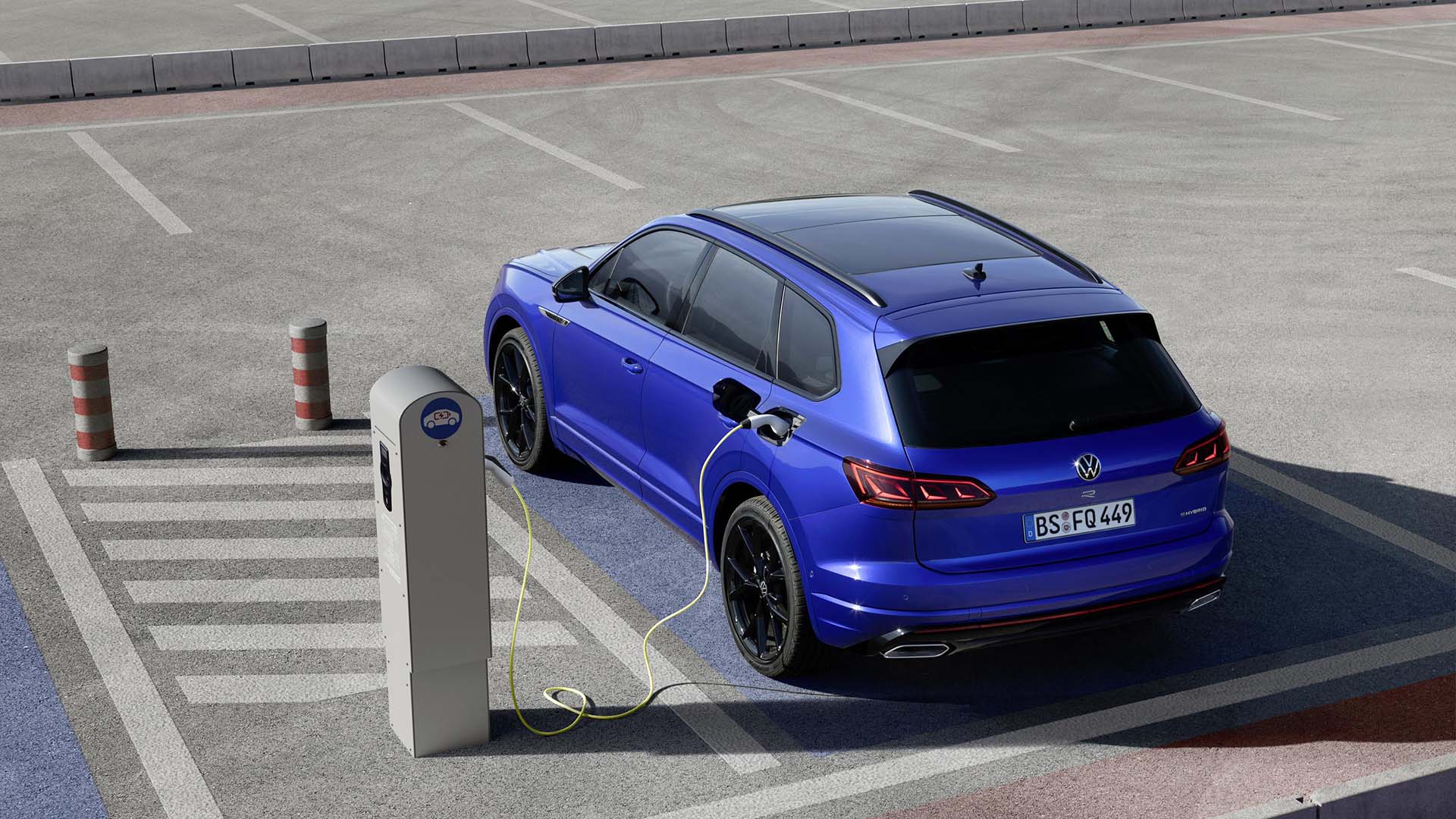
In simple terms, a plug-in hybrid (often abbreviated to ‘PHEV’) uses batteries to drive an electric motor, plus either petrol or diesel to power an engine. Its batteries can be charged in the same way as a pure electric car: by using a home wallbox, a public charging point or while driving via regenerative braking.
Typically, a modern plug-in hybrid will deliver between 30 and 80 miles of electric range, depending on the make and model. Once this has gone, the car will switch to petrol or diesel power (petrol engines are more common) to deliver a total range of anything up to 600 miles.
What is an electric car?
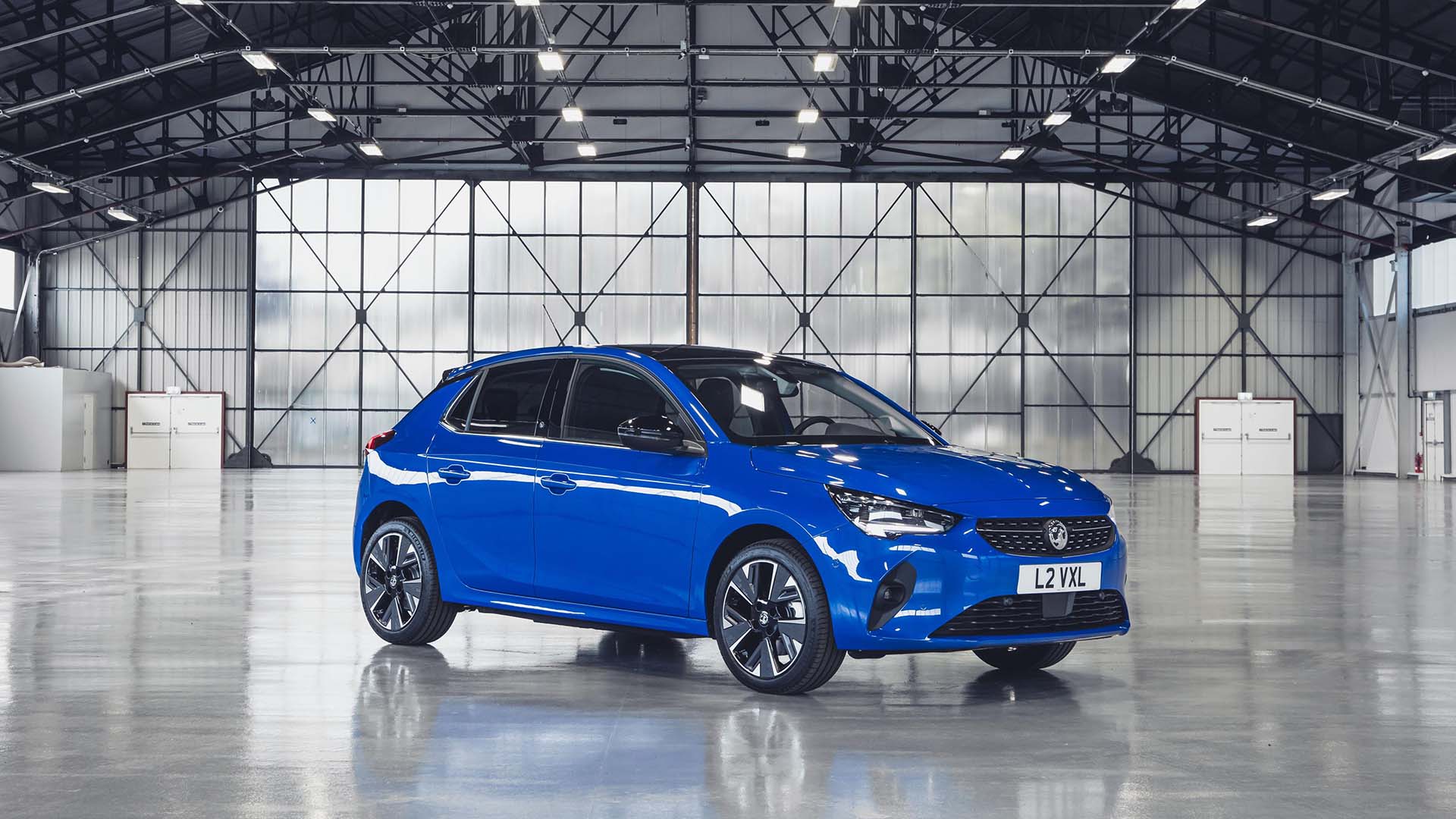
In an EV, the combustion engine is replaced by an electric motor. Power is sourced from a large battery pack that must be recharged at home, at work or by using a public charging point.
You can expect to achieve anything between 100 and 450 miles of driving range, depending on the type of electric car, the weather and road conditions, and how you drive it.
The benefits of a plug-in hybrid
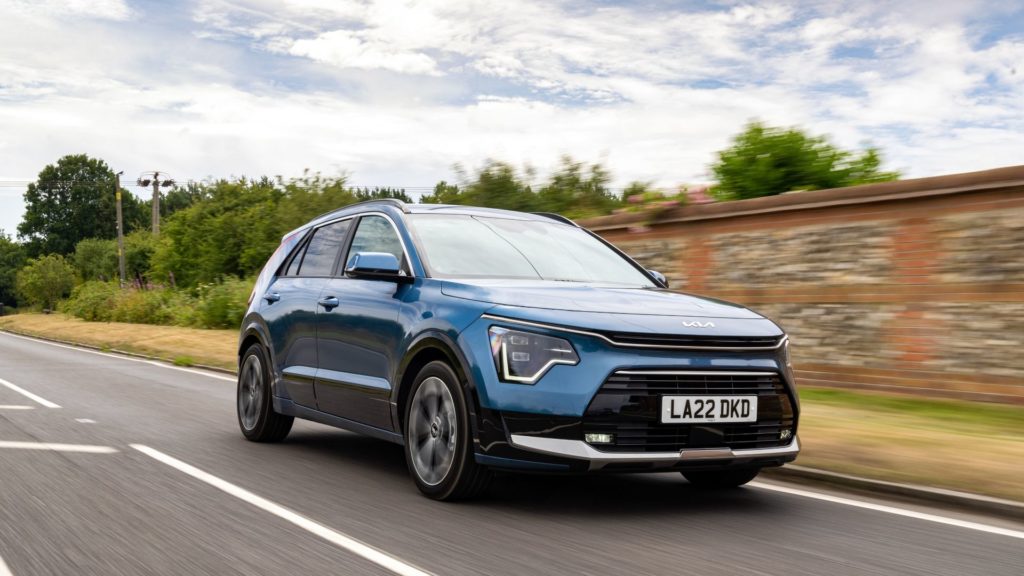
These are the primary benefits associated with running a plug-in hybrid, rather then an electric car:
- Usually cheaper to buy. The entry-level version of the Kia Niro PHEV (pictured above), for instance, is £2,000 cheaper than the electric Niro EV.
- There are no range anxiety issues. When you run out of electric charge, the engine takes over.
- You can fill up in a few minutes. Refuelling with petrol or diesel is much quicker than charging up with electricity.
- Manages the daily commute using electric power. The average car journey is around 21 miles.
- Longer driving range. Anything up to 600 miles is achievable with the combination of two powertrains.
- Low CO2 emissions. Although plug-in hybrids cannot match electric cars, their emissions are among the lowest in the industry. This means a low tax bill – particularly for company car drivers – although EVs are cheaper still.
- An opportunity to test living with an electric car. If you can run a PHEV without needing regular fill-ups, perhaps your next car should be electric?
The benefits of an electric car
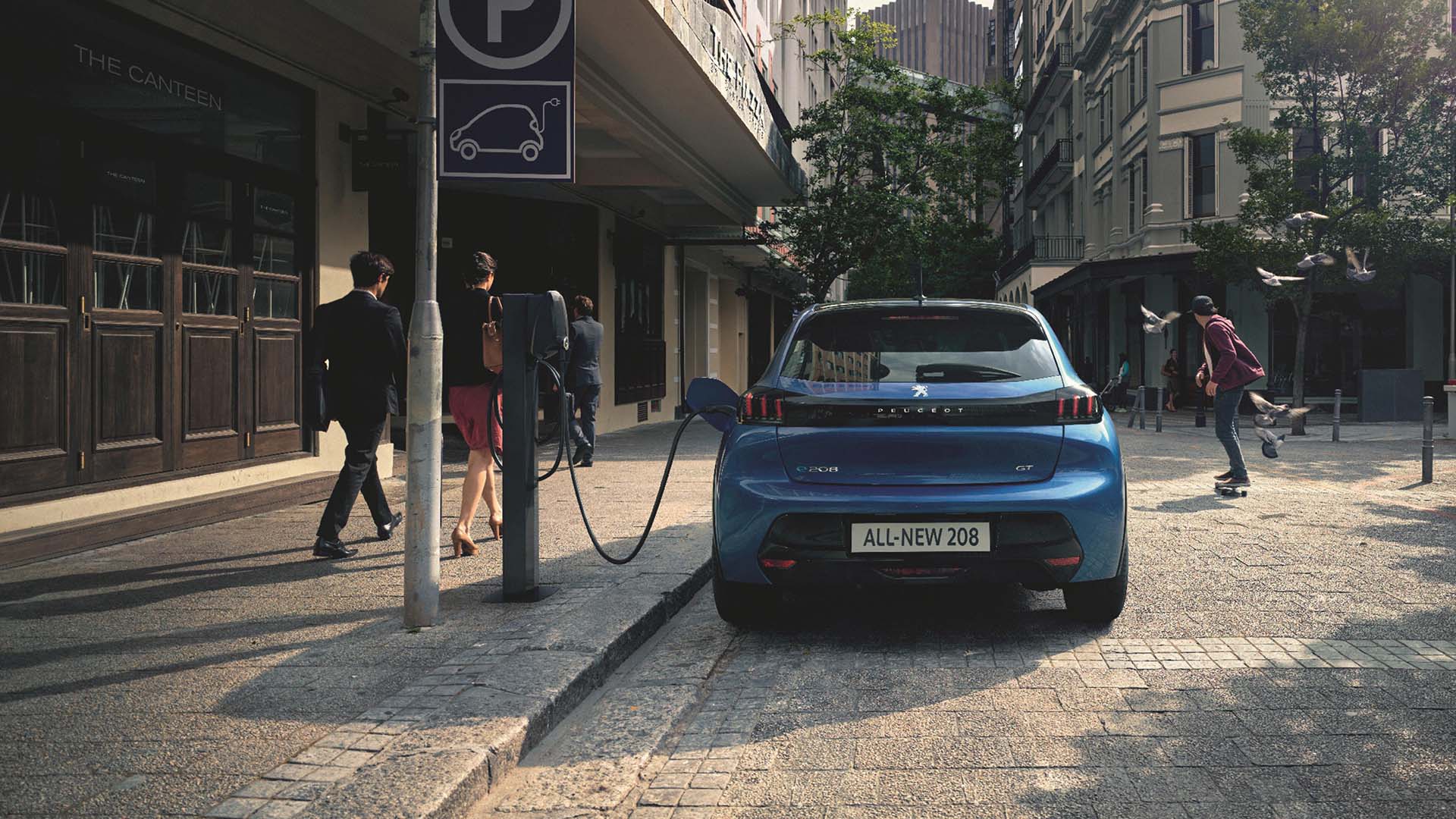
When viewed in the context of a plug-in hybrid, these are the benefits of going 100 percent electric:
- Zero tailpipe emissions. Electric cars aren’t entirely emissions-free, but they can improve local air quality – in cities, for example.
- Electric cars are exempt from Vehicle Excise Duty (VED, or road tax). This applies until 1 April 2025.
- Exempt from city centre congestion charges. Electric cars are also welcome in low emission zones.
- Near-silent running. The only sounds you’ll hear are wind, tyre and road noise.
- Terrific acceleration. Electric cars are great fun to drive in the city.
- Lower running costs. The higher purchase price is offset by significantly reduced running costs.
- Lower servicing costs. Without a petrol or diesel engine to maintain, servicing bills should be lower.
- Electric cars tend to be well-equipped. Manufacturers load their flagship models with the latest kit.
Which one is better?
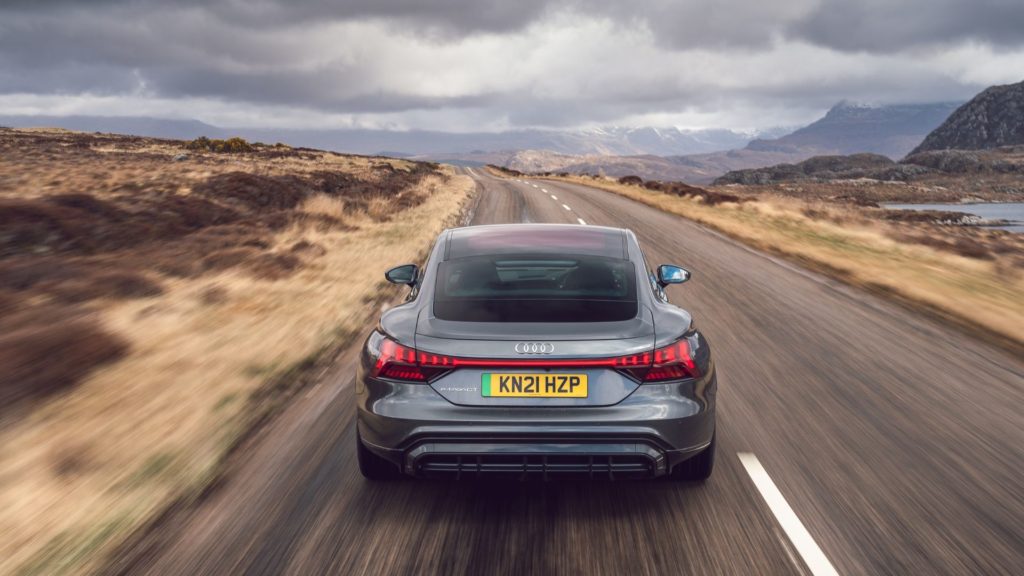
Is a plug-in hybrid a better bet than a fully electric car? Possibly not, but you have to decide which one is best for you.
Say, for example, you want an SUV. Right now, many fully electric SUVs are at the premium end of the market. It’s also fair to say that plug-in hybrids are usually cheaper to buy than electric cars.
If you live in a rural area, where access to public chargers is limited, you might like the reassurance of a petrol engine to get you home. The public charger network is growing, but there’s a strong bias towards major towns and cities. Equally, a PHEV is decisively more practical if you don’t have a driveway or dedicated parking space where you can charge at home.
We’d also suggest owning a plug-in hybrid if you’re able to complete your daily commute on electric power, but need something a little more long-legged for the weekends. Just make sure you recharge the batteries, otherwise a standard hybrid might be a more sensible option.
Beyond that, it’s getting increasingly difficult to mount a case against buying an electric car. Prices start from around £25,000, while range estimates of 300 miles and more are becoming the norm.
Check out the Motoring Electric website and decide for yourself. And let us know what you decide to do.
ALSO READ:
Where can I charge an electric car for free?


[…] Jaguar F-Pace SUV is now on sale with extensive updates including a much-improved interior and plug-in hybrid version offering sub-50g/km […]
[…] assistance for a year, a safety and condition check (which includes the batteries of hybrids, plug-in hybrids and pure EVs), plus 30-day/1,000-mile exchange agreement and driveaway insurance. Hyundai is […]
I really can’t see the point of a plug-in. Too much expensive infrastructure and drain on household electricity. Self-charging hybrids make some kind of sense, but I would never entertain a plug-in.
[…] Which suits you best, a plug-in hybrid or an electric car? […]
[…] There are three core models: the standard Q5, the more stylish Q5 Sportback and the TFSI e plug-in hybrid, which offers an electric range of up to 39 […]